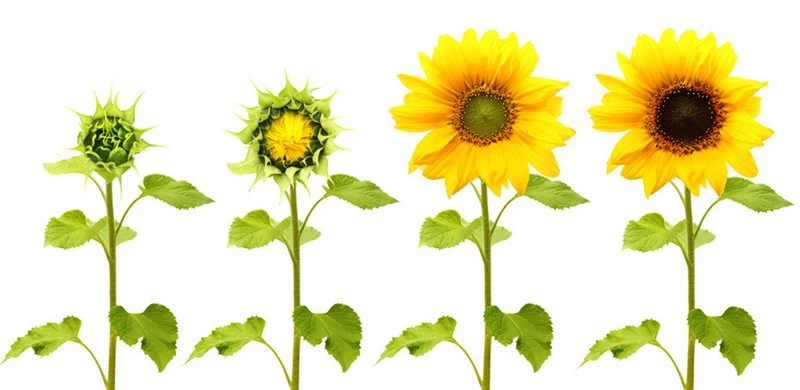
Dec . 10, 2024 19:06 Back to list
The Role of Potash in Enhancing Vegetable Garden Growth and Health
The Role of Potash in Vegetable Gardening
Potash, a term used to describe potassium-rich products, plays a significant role in the healthy growth of vegetables in a garden. Potassium is one of the three primary macronutrients essential for plant health, alongside nitrogen and phosphorus. Understanding the importance of potash and its application can lead to a flourishing vegetable garden and bounteous harvests.
Why Potash is Essential
Potassium supports numerous physiological processes within plants. It helps regulate water uptake, which is crucial for maintaining cell turgor and facilitating nutrient transport. With adequate potassium, plants are better equipped to withstand drought and stress factors, leading to healthier growth. Moreover, potassium contributes to the synthesis of proteins and enzymes, helping in the overall development and maturation of fruits and vegetables.
Furthermore, potash plays a vital role in enhancing the quality of vegetables. Increased potassium levels can result in improved flavor, color, and shelf-life of produce. Vegetables such as tomatoes, peppers, and carrots are especially responsive to potassium, often showing visible improvements in quality when supplied with the right amounts.
Signs of Potassium Deficiency
Identifying potassium deficiency in plants is crucial for any gardener. Symptoms can include yellowing of the leaf margins, necrosis (tissue death), and a general decline in plant vigor. In many cases, plants may also exhibit stunted growth and reduced yields. By recognizing these signs, gardeners can take prompt action to rectify the deficiency, ensuring their plants receive the nutrients they need for optimal growth.
How to Incorporate Potash into Your Garden
potash in vegetable garden

Applying potash in your vegetable garden can be accomplished through various methods. Natural sources, such as wood ash, greensand, and certain composts, are excellent for enriching your soil with potassium. Wood ash not only adds potash but also contributes lime, while greensand can provide trace minerals that enhance soil health.
For those seeking more concentrated solutions, commercial fertilizers labeled with potassium content (look for numbers like K2O in the formula) are also available. When using synthetic fertilizers, it’s essential to follow application guidelines to avoid over-fertilization, which can harm plants and the surrounding environment.
Soil Testing
Before initiating any fertilization regimen, conducting a soil test is highly advisable. A soil test can determine the existing nutrient levels, including potassium, allowing for a tailored approach to fertilization. Understanding these levels helps prevent both deficiencies and excesses, fostering a balanced ecosystem in the garden.
Timing Application
Proper timing for potash application is essential to maximize benefits. Applying potash at the beginning of the growing season can provide plants with the necessary nutrients during their critical growth phases. However, some vegetables, such as leafy greens, may benefit from a mid-season application to sustain their growth and vigor.
Conclusion
In conclusion, potash is an essential element for successful vegetable gardening. Its role in plant health, growth, and the overall quality of the harvest cannot be overstated. By understanding how to assess and supplement potash levels in the soil, gardeners can cultivate a vibrant and productive vegetable garden. With suitable care and attention to nutrient management, gardeners can enjoy bountiful harvests full of flavorful and nutritious vegetables.
-
10-10-10 Organic Fertilizer - Balanced NPK Formula
NewsAug.02,2025
-
Premium Organic Manure Compost for Eco Gardens
NewsAug.01,2025
-
Organic 10-10-10 Fertilizer | Balanced Plant Nutrients
NewsJul.31,2025
-
Premium Amino Acid Fertilizer | Rapid Plant Growth Booster
NewsJul.31,2025
-
10 10 10 Fertilizer Organic—Balanced NPK for All Plants
NewsJul.30,2025
-
Premium 10 10 10 Fertilizer Organic for Balanced Plant Growth
NewsJul.29,2025
